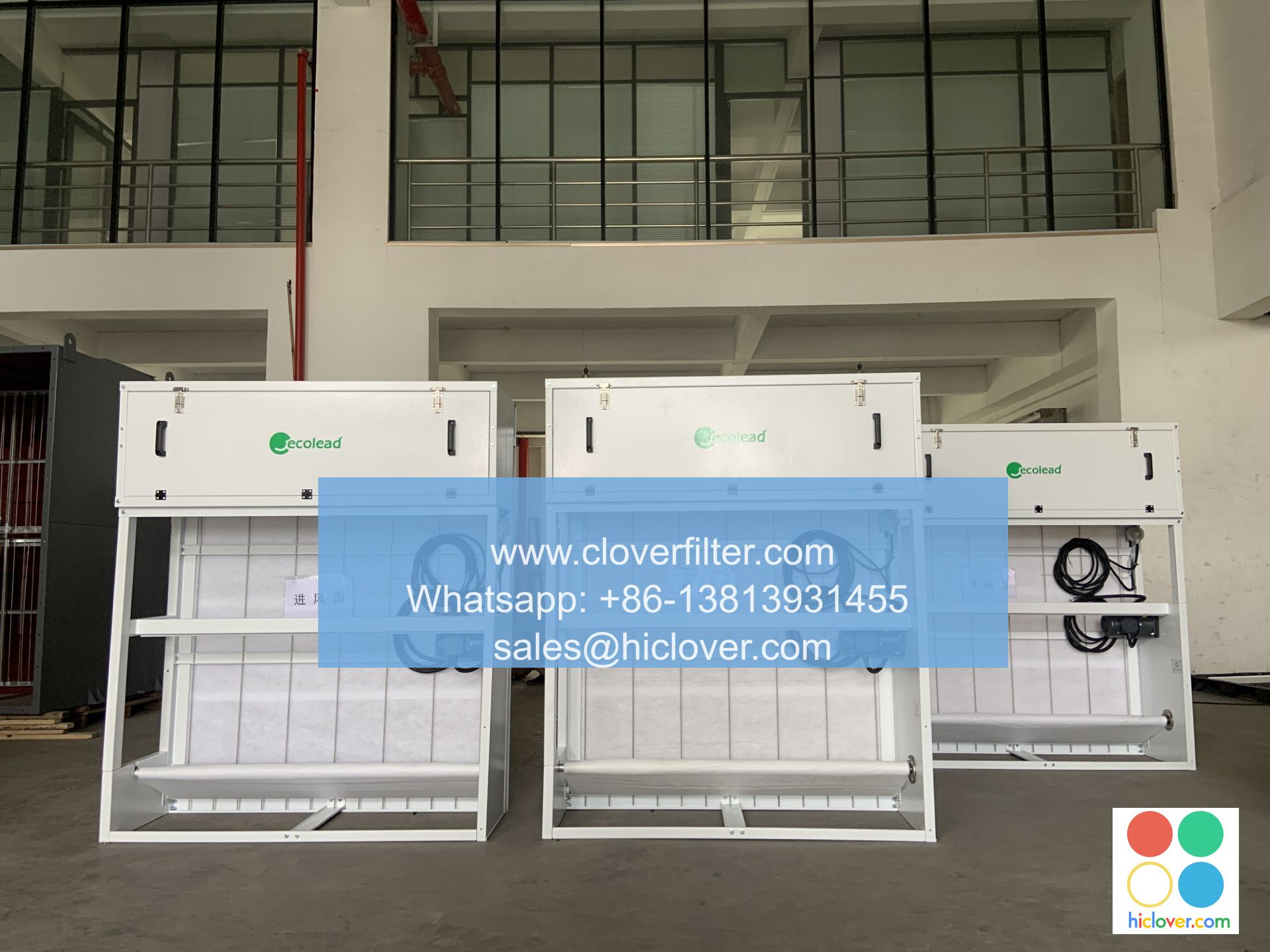The Importance of Energy-Efficient Air Filters for Animal Shelters

The Importance of Energy-Efficient Air Filters for Animal Shelters
Saving Lives, Saving Energy, and Saving Money: The Triumphant Trio of Energy-Efficient Air Filters in Animal Shelters
As animal shelters continue to provide a haven for lost, abandoned, and abused animals, it is essential to create a healthy and comfortable environment for their care and rehabilitation. One crucial aspect of ensuring a suitable habitat is the use of energy-efficient air filters in animal shelters. In this article, we will explore the importance of these filters, their applications, and the benefits they bring to the rescued animals and the shelter staff.
Reducing Energy Consumption and Costs
Animal shelters, like any other building, require a significant amount of energy to function. Heating, ventilation, and air conditioning (HVAC) systems are essential for maintaining a comfortable environment for the animals. However, they can be energy-hungry, which can lead to high energy bills and contribute to environmental degradation. Energy-efficient air filters can help reduce energy consumption by up to 20% by minimizing the need for frequent filter replacements and extending the lifespan of HVAC equipment. This not only saves money on energy bills but also reduces the shelter’s carbon footprint.
Improving Air Quality and Reducing Allergens and Odors
Animal shelters often harbor a variety of allergens, such as dander, fur, and dust, which can exacerbate respiratory issues and create unpleasant odors. Energy-efficient air filters designed for animal shelters can capture these particles, reducing the amount of airborne allergens and odors, and creating a healthier environment for both animals and humans. This is particularly crucial for animals with pre-existing medical conditions or those prone to respiratory issues.
Enhancing Waste Management and Reducing Maintenance
Traditional air filters can become clogged with lint, dust, and pet dander, leading to reduced airflow and inefficient HVAC performance. Energy-efficient air filters, on the other hand, are designed to capture these contaminants, reducing the need for frequent filter replacements and maintenance. This not only reduces waste but also minimizes the risk of equipment failures, which can be costly and time-consuming to repair.
Improve Animal Welfare and Comfort
By providing a clean and comfortable environment, energy-efficient air filters can significantly impact animal welfare. By reducing odors and allergens, animals are less stressed, and their overall well-being is enhanced. This, in turn, can lead to reduced stress behaviors, improved behavior, and a decrease in the likelihood of illness.
Applying Energy-Efficient Air Filters in Animal Shelters
Energy-efficient air filters can be applied in various areas throughout animal shelters, including:
- Intake and Adoption Areas: Where animals are most likely to stay for extended periods, these areas benefit from high-quality air filters that capture strong odors and allergens.
- Housing Areas: Enrichment activities, such as playpens and exercise areas, can benefit from high-airflow filters to minimize the spread of airborne allergens and odors.
- Medical Areas: In areas where medical treatment and recovery take place, air filters with high MERV ratings can significantly reduce the risk of airborne pathogen transmission.
- Common Spaces: Shared areas, such as lobbies and waiting rooms, can benefit from air filters that capture allergens and odors, creating a more comfortable experience for visitors and staff.
Conclusion
In conclusion, energy-efficient air filters play a vital role in animal shelters, offering numerous benefits, including reduced energy consumption and costs, improved air quality, enhanced waste management, and improved animal welfare. By incorporating these filters into animal shelter design and operation, shelters can create a healthier, more comfortable, and more efficient environment for both animals and staff. By doing so, we can better care for our furry friends and reduce our impact on the environment.
Key Takeaways:
- Energy-efficient air filters can reduce energy consumption by up to 20%
- They can capture allergens, odors, and particles, reducing respiratory issues and unpleasant smells
- High-quality air filters can reduce maintenance and extend HVAC equipment lifespan
- Energy-efficient air filters can enhance animal welfare, reducing stress and improving overall behavior
- Apply energy-efficient air filters in various areas throughout the animal shelter, including intake and adoption, housing, medical, and common spaces.
I’m ready to assist you. What would you like to talk about or ask?


